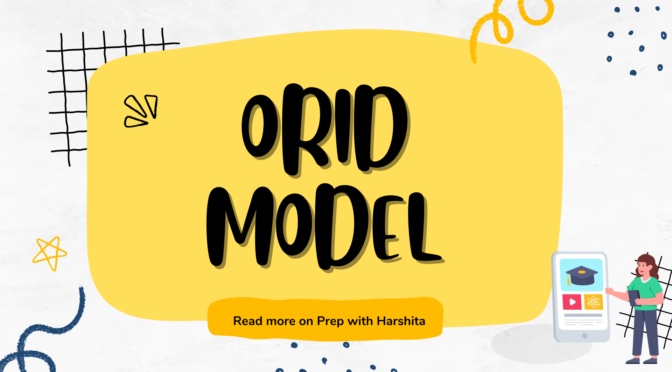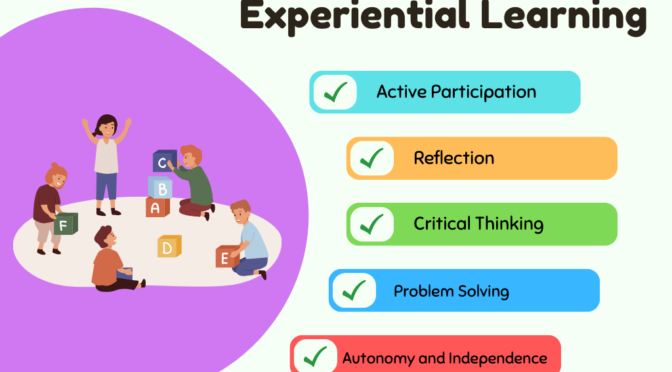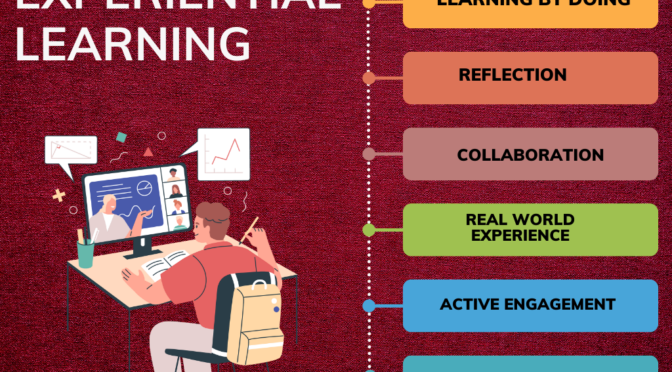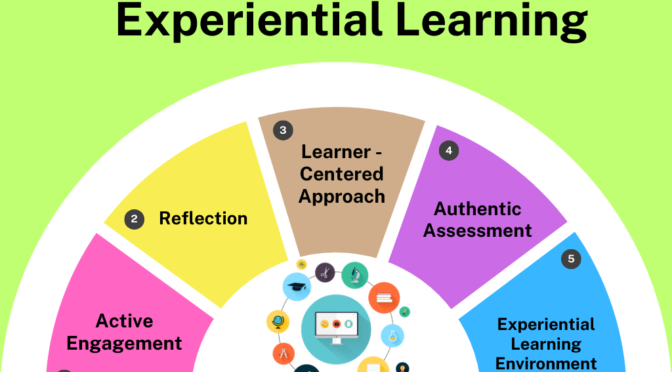The ORID Model of Learning is an adaptation of the ORID (Objective, Reflective, Interpretive, Decisional) model, specifically tailored to the learning process. It provides a structured framework for educators and facilitators to guide learners through a complete and elaborate learning experience.
Each stage of the ORID Model of Learning corresponds to a different aspect of the learning process:
Objective: In the Objective stage, learners are introduced to the topic or subject matter. This stage is focused on gathering facts, information, and establishing a basic understanding of the topic. Educators typically present the learning objectives, provide relevant background information, and introduce key concepts. Learners are encouraged to ask questions related to the “what,” “where,” “when,” and “who” of the topic to gain a solid foundation.
Reflective: The Reflective stage encourages learners to connect personally with the material. Here, they are invited to reflect on their own experiences, beliefs, and feelings related to the topic. This stage helps learners make connections between the new information and their existing knowledge and experiences. Educators may facilitate discussions, journaling, or other reflective activities to help learners explore their thoughts and feelings.
Also Visit: Prep with Harshita




